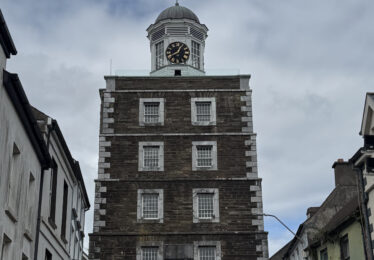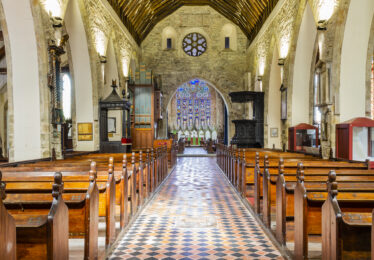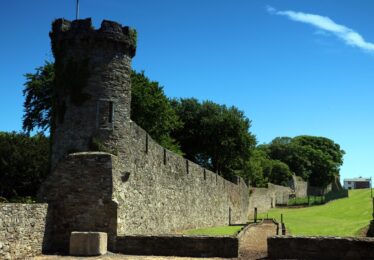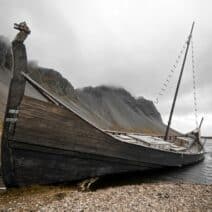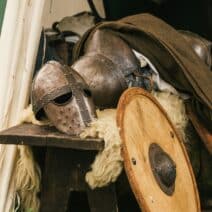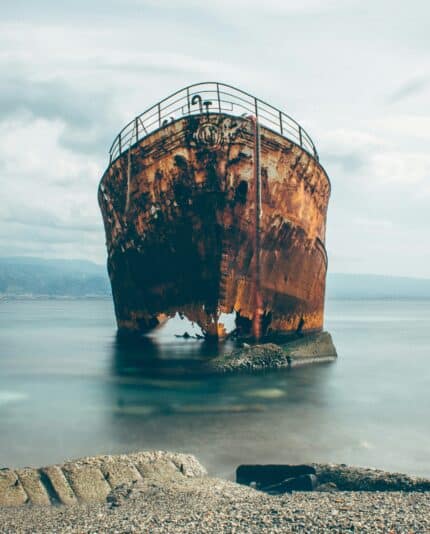
Where Heritage Meets the Sea
About Us
The Story of The Walter Raleigh Hotel
Historic Luxury on Ireland’s Ancient East
The Walter Raleigh Hotel enjoys a stunning seafront location in Youghal, East Cork, known as the gateway to Ireland’s Ancient East and The Wild Atlantic Way. Our 18th-century boutique property offers an elegant blend of history, comfort, and coastal charm.
Named after Sir Walter Raleigh, the famed Elizabethan explorer and courtier, the hotel celebrates his deep connection to the town. Raleigh owned extensive lands in Munster, served as Mayor of Youghal, and is even credited with planting Ireland’s first potatoes here. His colorful legacy — from adventures abroad to moments of local legend — lives on through the hotel’s rich heritage in Ireland’s Ancient East.
Ireland’s Ancient East offers visitors a personal experience of 5,000 years of Europe’s history. Set in rich pastoral countryside, visitors will walk in the footsteps of our ancestors, exploring rich histories in the very places that they happened, told by the best storytellers in the world.
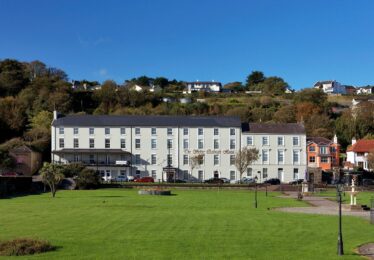

The History of Youghal
From Viking Stronghold to Elizabethan Legacy
- Viking Origins (9th Century): Youghal began as a Viking settlement around 853 AD, strategically located at the mouth of the River Blackwater. A violent storm reshaped the river’s course, forming Youghal Harbour.
- Medieval Growth (13th–15th Century): The town flourished under Anglo-Norman rule. It became a walled port with bustling trade routes to England, France, and Spain. Landmarks like St. Mary’s Collegiate Church were established.
- Elizabethan Era & Sir Walter Raleigh: Raleigh, granted 40,000 acres including Youghal, served as Mayor in 1588–89. He’s credited with planting Ireland’s first potatoes and famously lived at Myrtle Grove.
- 17th Century Expansion: Richard Boyle, 1st Earl of Cork, purchased Raleigh’s estates and transformed Youghal with schools, alms houses, and port improvements. The town became a major wool exporter.
- Victorian Tourism & Industry (19th Century): With the arrival of the railway in the 1860s, Youghal blossomed into a seaside resort. It became renowned for Youghal needle-lace, a craft born during the famine

